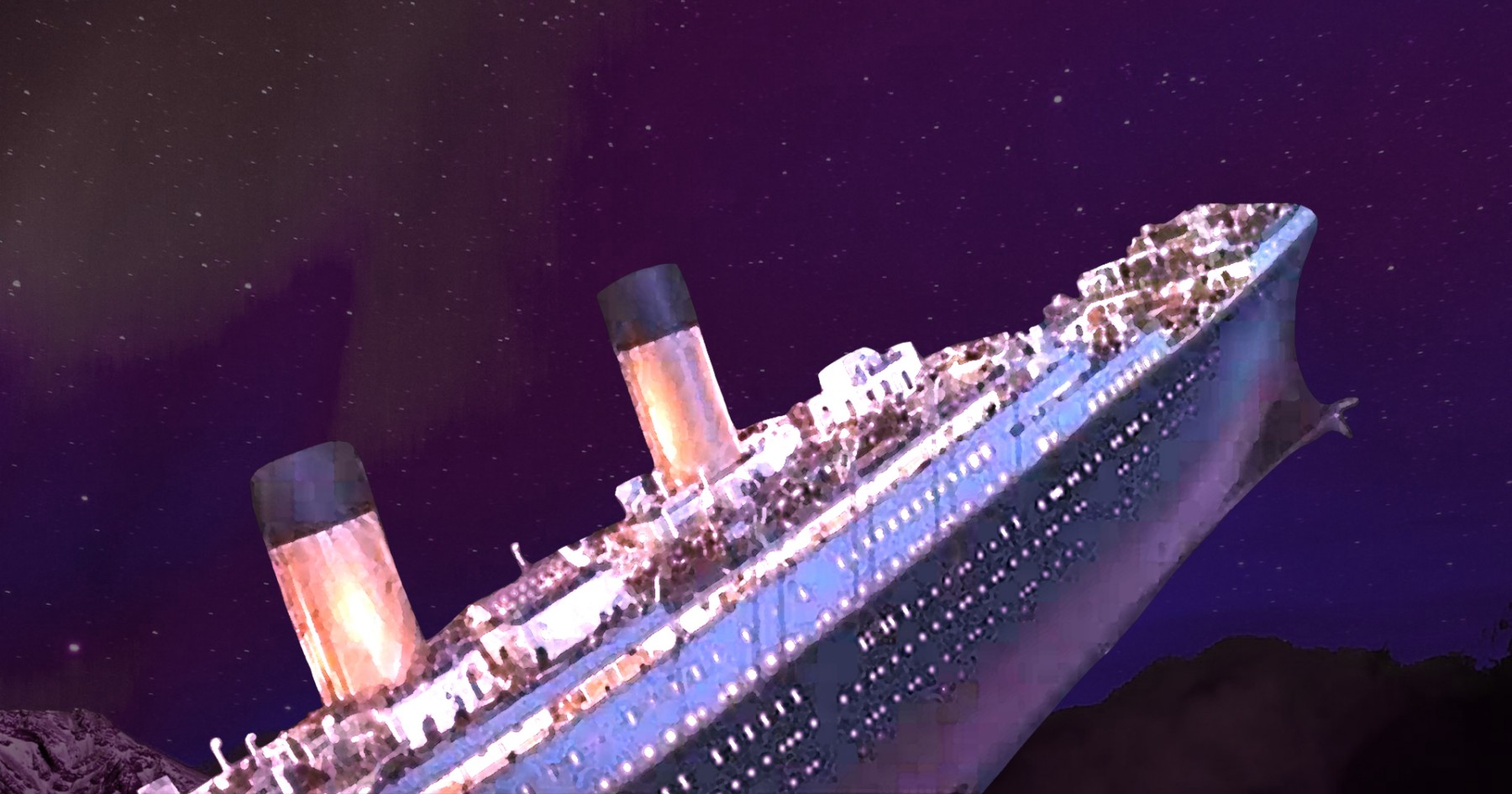With Russia’s invasion of Ukraine originally just speculation, now a dark reality, the internet has had a lot to say about it.
More accurately, the internet had a lot to meme about it, and well, we have seen –as Bo Burnham would say: “the backlash to the backlash to the thing that’s just begun.”
Memers Be like-#RussiaUkraineConflict #worldwar3 #WWIII #Putin #RussiaUkraine China Taiwan America United Nations Trump Putin NATO pic.twitter.com/iZt9rwxOac
— Jayanta Boro (@jayantab_boro) February 24, 2022
We’ve seen all types of memes come out of this situation.
There were people claiming that this was going to be their year.
https://twitter.com/moltentungsten/status/1496710919094927361
People have talked about getting drafted for World War III.
https://twitter.com/9illeh/status/1496712686335401989
Is Wordle being lowkey or…?
not this pic.twitter.com/5AZ8OBXMiy
— alex (@alex_abads) February 24, 2022
We’ve even seen a collective thirsting for President Volodymyr Zelensky of Ukraine.
Good morning @ZelenskyyUa! #SlavaUkraini #Memes pic.twitter.com/4b1WgLUKbo
— SotuyoMemes (@SotuyoMemes) February 28, 2022
Some memes elicited laughs more than others. For example, the idea of liking the “war aesthetic” didn’t sit well with most people.
not an awful take as much as a completely inappropriate and insensitive take pic.twitter.com/fLvX0t5Y8g
— Wyrm Drifter (@WyrmChronicler) February 25, 2022
Some also cringed at the comparisons people were making to something happening in real life with fictional worlds.
https://twitter.com/Enjoyer_Delaney/status/1496697732546838531
The plethora of memes about various aspects of the invasion pushed others to call out the trend of memeing these.
Two distinct characteristics make this situation unique. Firstly, unlike previous World War III memes, those being posted now may be seen as out of touch and insensitive since they are based on a grim reality that is actually taking place as we post.
Me laughing at all the World War 3 memes Vs.
me when I realize Russia has actually invaded Ukraine. #WWIII pic.twitter.com/2OURTPkYWJ— TheSupremeKing (全能の王) (@Paul_IS_Supreme) February 24, 2022
The second important thing to take note of is that this is the first time that something of this nature and scale is happening at the height of the internet. Most, if not all, social media platforms can (and are) being used for political purposes as well.
Of course, everyone is entitled to do what they want with their own accounts online, post something political or not, but it can feel out of touch to keep using them as if nothing is going on.
The situation may have been made a tad bit more confusing by Ukraine’s own official Twitter account. Before the invasion, the account tried to sprinkle some humor on the whole situation, but this was way back in December of 2021.
— Ukraine / Україна (@Ukraine) December 7, 2021
But on the day of the invasion, they also posted a photo to which they replied, “This is not a ‘meme’, but our and your reality right now.”
This is not a ‘meme’, but our and your reality right now.
— Ukraine / Україна (@Ukraine) February 24, 2022
This thread spawned a whole conversation about the difference between political cartoons and satire and the definition of what a meme actually is. The discussion questioned if creating a meme or political cartoon devalued the situation, or if it was even appropriate to create things like this in the first place. It also brought up the rich history and relevance that political cartoons served in the past, and the power of satire.
This whole situation begs the question: is it ever okay to meme during a time of crisis?
One argument here could be that humor is a completely human response. Sometimes we can ease our anxieties by trying to lighten up the mood, and this may be what the creator of memes at this time are trying to do.
Though a quick rebuttal to this would be that gallows humor is only appropriate for those who are directly facing conflict. Those who can joke about it should be those who are currently living it. This may also explain the idea that it’s easier for some people to make memes and make light of the situation because they have the privilege of being far from the action.
At a time like this, the different nuances of various memes and people’s reactions to these things may be seen as reflecting the general feeling of a certain group of people.
Saleem Alhabash, a researcher of memes and social media at the Michigan State University’s Media Psychology Department, told Vox that this could be seen as a way for people to insert themselves into the current narrative. As you post or react to someone talking about something online, “you become part of the narrative and it becomes part of you.”
It just seems like some people spend less time thinking before they post than others. It is also possible that people are riding the wave of what’s relevant to end up trending themselves.
we seriously need to have a conversation about how the overwhelming prevalence of meme culture has made people insensitive to serious tragedies and only see them as an opportunity to make a joke rather than for the reality of the situation and those in it
— amara | very VERY ia cuz of uni and life (@silentmvies_) February 24, 2022
Although, remember that all memes and reactions to these, no matter how clever or crass, add something more to the story. War does not only describe the physical things that we see but the larger mood that this brings out in different cultures and groups of people. With the internet now being as powerful as it is, this mood is amplified tenfold.
Alhabash explains that “Social media gamifies public discourse, dividing conversations into winners and losers in a way that’s simply impossible to reconcile with the myriad emotions that accompany the possibility of an actual global military conflict.”
In short, there is no right or wrong answer. Your feelings towards what is going on are valid, and if making memes gives you solace at this time then go for it. Memes are not the end-all and be-all of our attitude towards war, they are only one of the many ways that we try to encapsulate all the strong and complicated human emotions that we have.
Alhabash continues that “in this context, memes inevitably feel like a dismissive, reductive approach to an overwhelming moment—but so do tweets, TikToks, Insta posts, and every other impossibly compact digital manifestation of such deep and complicated emotions.”
So at the end of it all, we have to remember that while we are entitled to our own emotions, we cannot control how other people cope and respond to these as well. If you feel like posting online about what you are feeling, then no one is stopping you. But maybe, just maybe, this is a time to explore all those jumbled-up feelings you’re having about the invasion within yourself.
If you do choose to post about your inner turmoil online, take great consideration into what you are about to say. Is what you are going to say at the expense of another person/group of people? Does it add empathy to the situation in Ukraine or is it callous and mean? Recognize your privilege and post wisely.
Other POP! stories you might like:
Are we just so used to dark humor or have we become so desensitized?
This is why people don’t think twice when cracking ‘insensitive’ jokes



